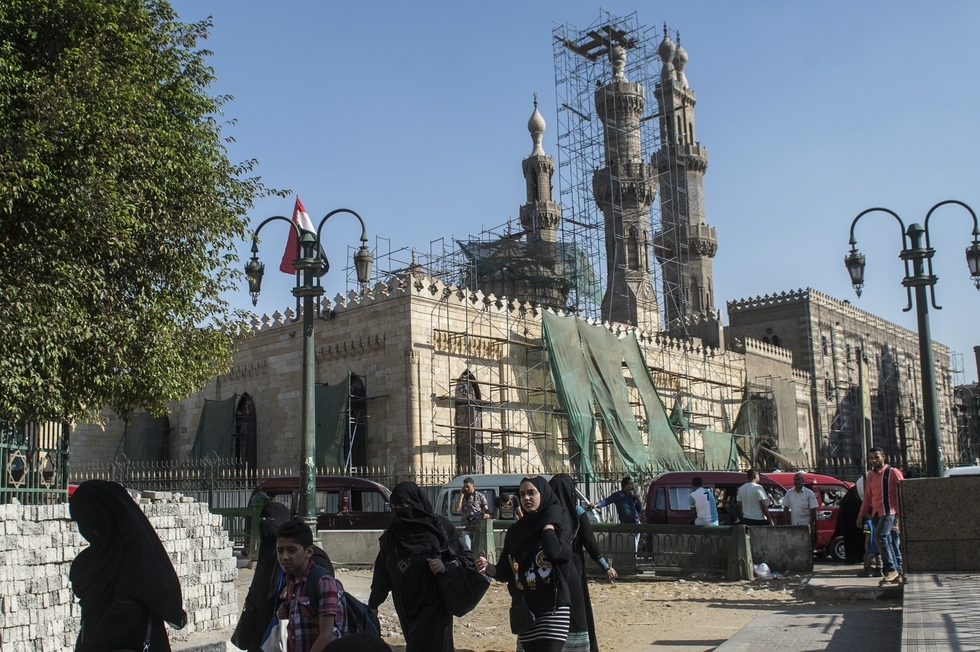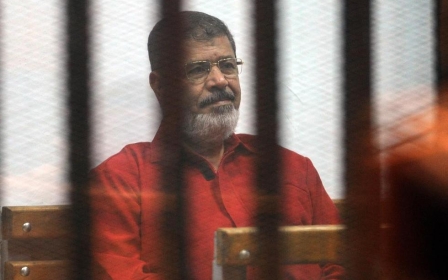Egypt's Islamic scholars reject government-issued Friday sermons

In a rebuke to the Egyptian government, the country’s top religious scholars rejected new government measures to standardise Friday sermons, saying such a step would “freeze” the development of religious discourse.
The Council of Senior Scholars of Al-Azhar, the Muslim world’s most prominent institution, said in a statement on Wednesday that giving clerics pre-written Friday sermons would eventually “superficialise” religious clerics’ thinking.
The statement adds: “The imam will find himself unable to discuss, debate, and respond to [extremist] ideas and warn people of them.”
The standardised sermon initiative was launched by Egypt’s Ministry of Religious Endowments – the government body regulating mosques and houses of worship – and has been criticised as the latest government move to tighten state control over religious discourse.
Earlier this month, Mokhtar Gomaa, the minister of religious endowments, gave the first such scripted sermon from a batch of notecards in an attempt to present a model to the country’s clerics. He defended the move as aimed at filtering out extremism and promoting religious reform.
According to the plan, a committee of state-hired scholars would write each week’s sermon for clerics to read word-for-word. Gomaa said the government would prepare 54 sermons covering 52 weeks in addition to religious holidays, and that there was a long-term plan to write 270 sermons covering five years.
A ministerial committee that inspects and monitors the mosques would report on the performance of clerics around the country.
In response to Al-Azhar’s rejection, ministry spokesman Gaber Tayaa said the ministry would go ahead with “generalising” the written sermons and would continue to hold meetings to explain the mechanism of implementation, “without forcing them”.
He added that the written sermons were aimed at ending the “chaos” of the current religious discourse.
Egyptian courts have sentenced hundreds of Islamists to death since the overthrow of Muslim Brotherhood-backed President Mohamed Morsi in 2013, though many have appealed and been granted new trials.
Hundreds of Morsi supporters were killed during protests after his removal. Thousands of others were detained in a crackdown that was later expanded to include leftist and liberal dissidents.
This article is available in French on Middle East Eye French edition.
New MEE newsletter: Jerusalem Dispatch
Sign up to get the latest insights and analysis on Israel-Palestine, alongside Turkey Unpacked and other MEE newsletters
Middle East Eye delivers independent and unrivalled coverage and analysis of the Middle East, North Africa and beyond. To learn more about republishing this content and the associated fees, please fill out this form. More about MEE can be found here.




